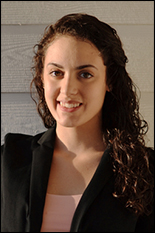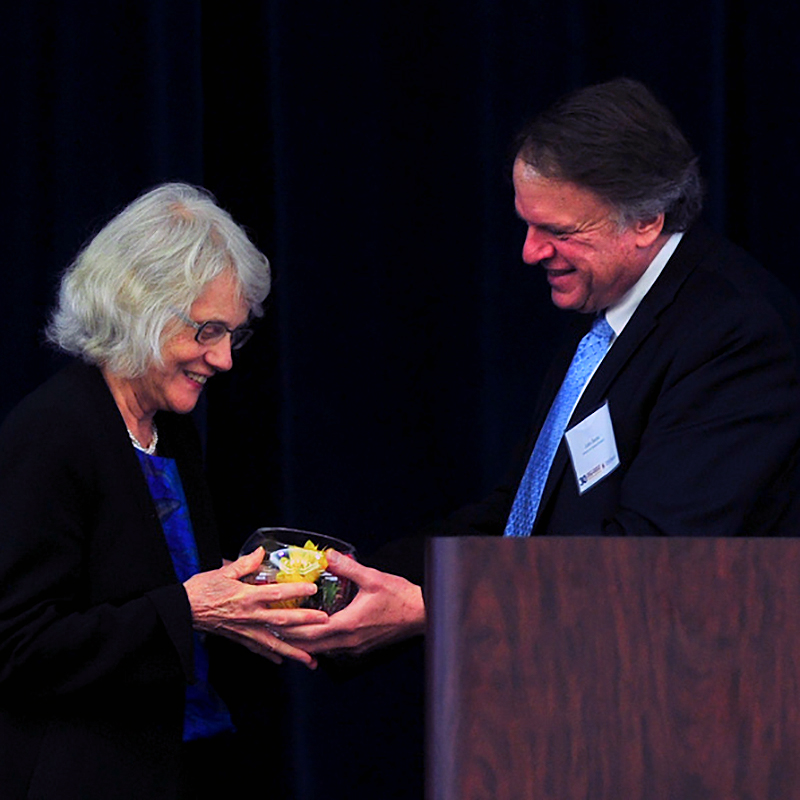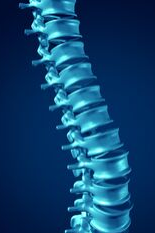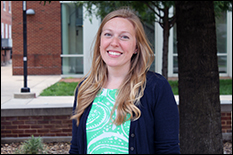News Story
Jay Receives National Science Foundation CAREER Award
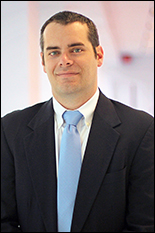
Fischell Department of Bioengineering (BIOE) Assistant Professor Steven Jay was selected for a five-year, $522,000 National Science Foundation (NSF) Faculty Early Career Development (CAREER) award. Jay was recognized for his efforts to develop a new class of biotherapeutics using cell-derived structures known as exosomes.
Exosomes are a type of small extracellular vesicle – ubiquitous, biologically-generated structures that naturally transfer nucleic acids between cells. Decades ago, researchers believed that exosomes did little more than offload cellular waste. Today, however, exosomes are better understood as “messengers” that carry out a range of important cellular functions such as the transfer of DNA, RNA, and proteins to other cells, where they are capable of altering the cell’s function.
"As natural vectors for intercellular communication, exosomes and other extracellular vesicles are already capable of delivering functional biological cargo to cells, which is something that can be quite challenging to achieve using synthetic systems," Jay said.
Increasingly, research has shown that exosomes are vital components of what is known as the paracrine secretome of numerous cell types, meaning that these vesicles are key mediators of the effects that one cell has on other cells. In particular, there has been significant interest in exosomes from mesenchymal stem cells (MSC) – adult stem cells that originate from many tissues in the body, including bone marrow, the liver, and the spleen. MSCs are unique in that they have the capacity to produce several types of skeletal tissue cells such as cartilage, bone, and fat; as such, they have garnered significant attention for their potential role in regenerative medicine, as have exosomes from these cells. MSC exosomes have already been shown to be potentially useful for a wide variety of applications, including therapeutic vascularization, drug delivery to tumors, and many others.
However, development of therapeutic exosomes is still in an early stage, and there are many challenges to overcome. Most especially, there is not yet an established and validated method to controllably generate exosomes with desired therapeutic properties in a manner that is reproducible and scalable to the levels of production that would be required for use in human patients.
Jay and members of his Biotherapeutic Development and Delivery Laboratory lab are focused on addressing this challenge by developing a better understanding of the impact that the cell culture microenvironment has on MSC exosome production. By increasing fundamental knowledge in this area, the researchers believe that MSC exosome production and therapeutic bioactivity can be rationally designed. Moving forward, the team plans to quantify how cell culture parameters influence MSC exosome generation and bioactivity, and develop criteria to enable quality control of scalable production of therapeutic MSC exosomes.
"A new era of biotherapeutics has officially begun with the FDA's approval of the first cellular therapies in 2017," Jay said. "Exosomes have a chance to be a part of this era in the future, but not until significant challenges related to biomanufacturing are overcome. With this award, we look forward to addressing some of those challenges toward developing exosomes as a new class of biotherapeutics in the future."
Jay's research group, in collaboration with BIOE Assistant Professor Kimberly Stroka's Cell and Microenvironment Engineering Lab, has already made significant strides in this area, including a key paper in Bioengineering and Translational Medicine published in 2017 that was led by BIOE graduate students Divya Patel and Kelsey Gray. The group's big-picture goal is to create a pathway towards large-scale biomanufacturing of therapeutic extracellular vesicles for widespread applications that could benefit millions of people worldwide.
Published March 16, 2018
